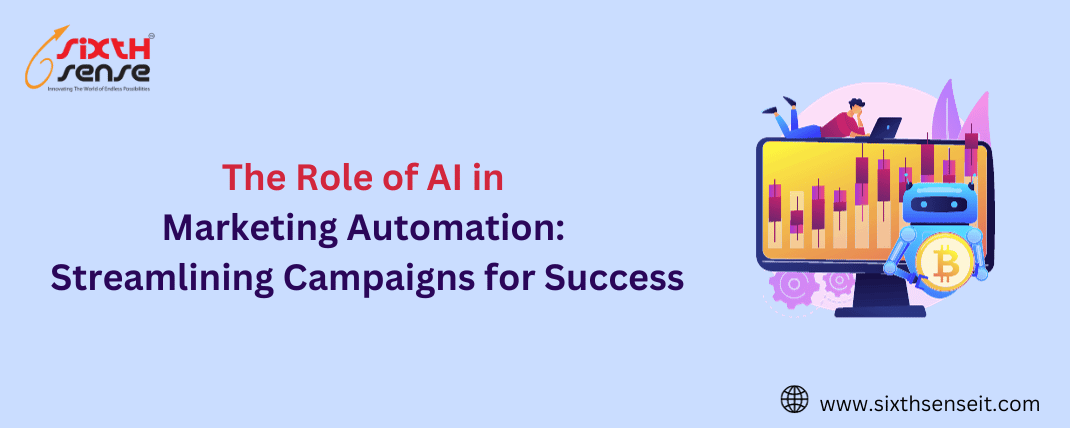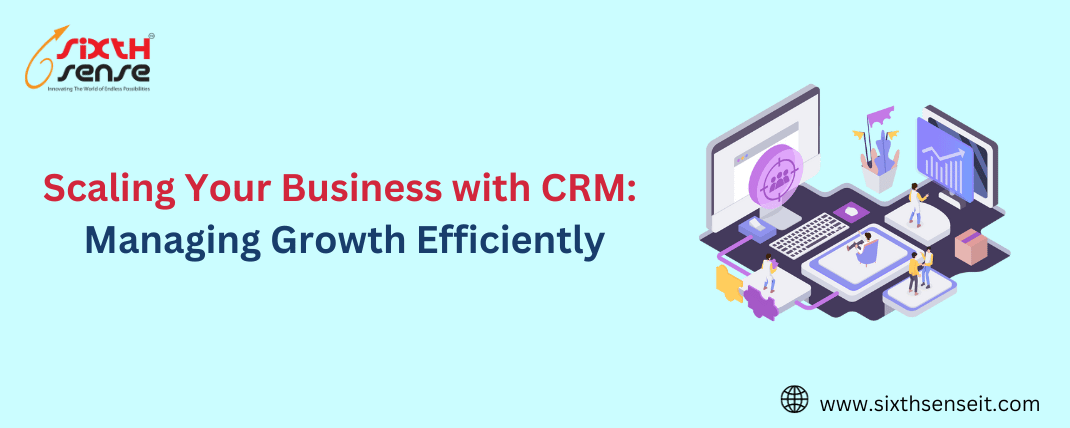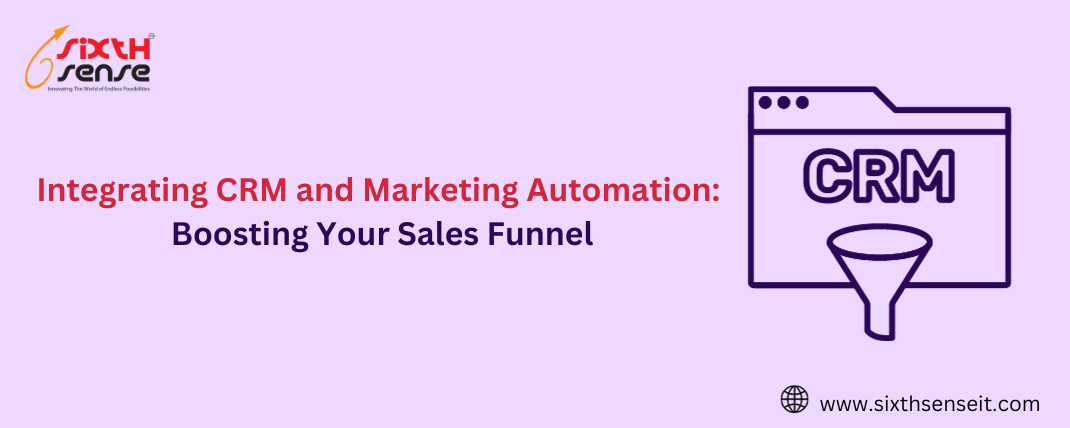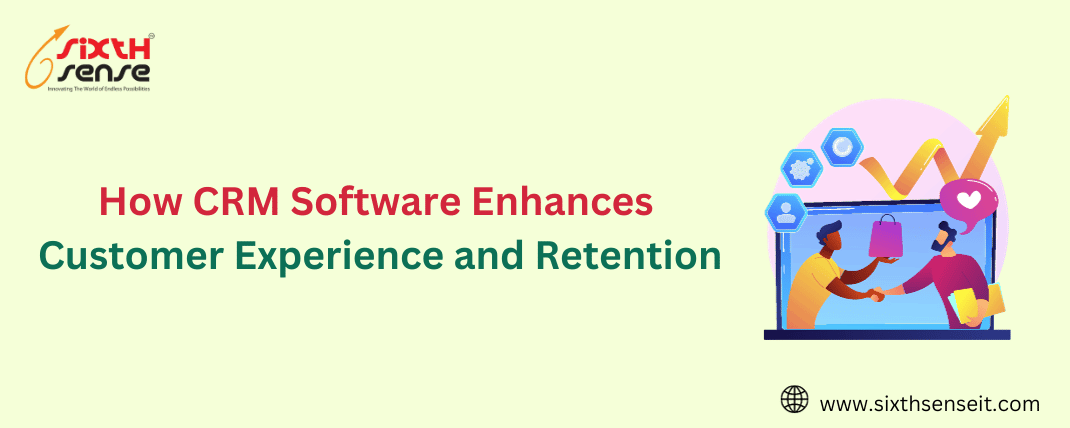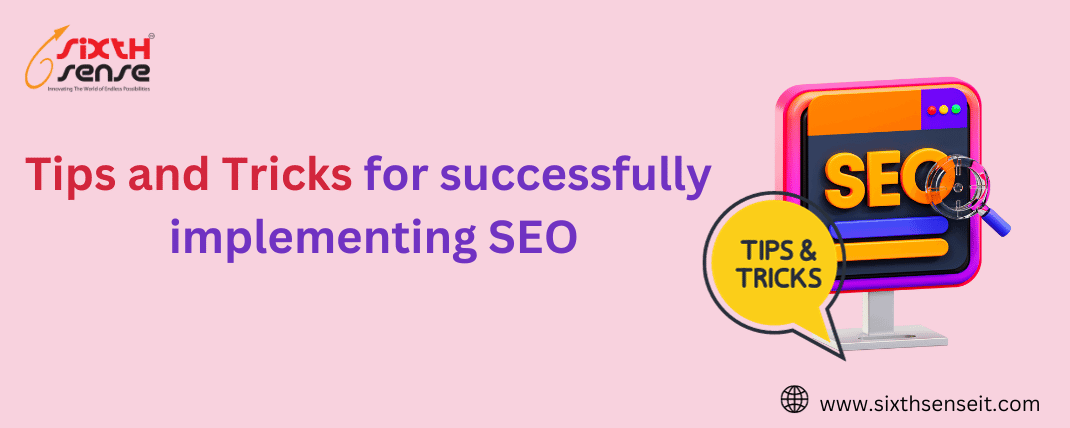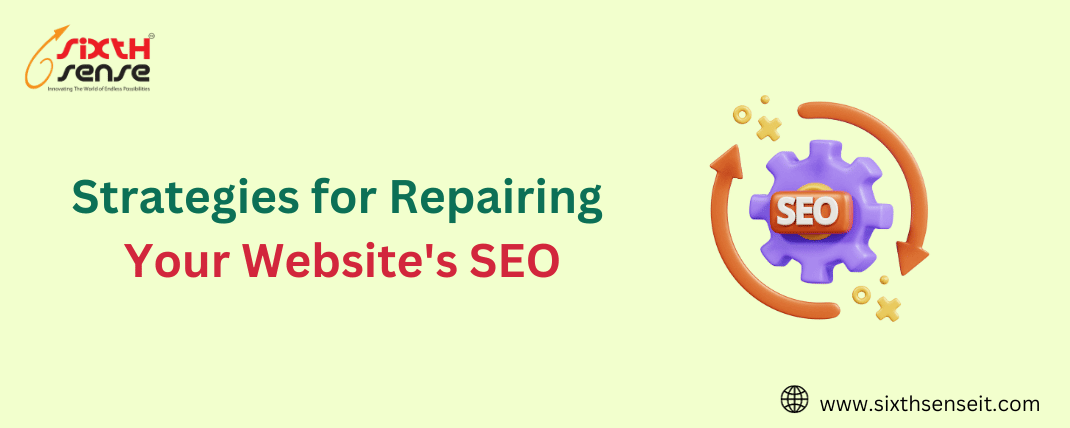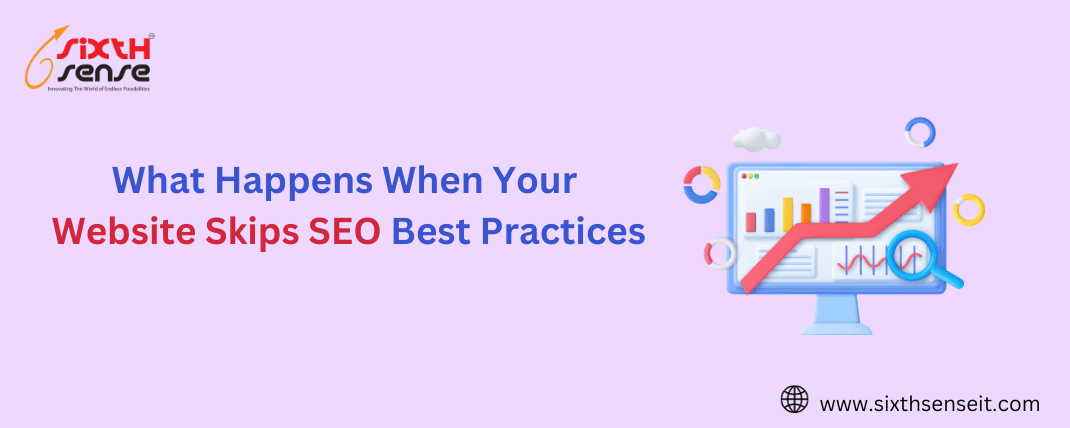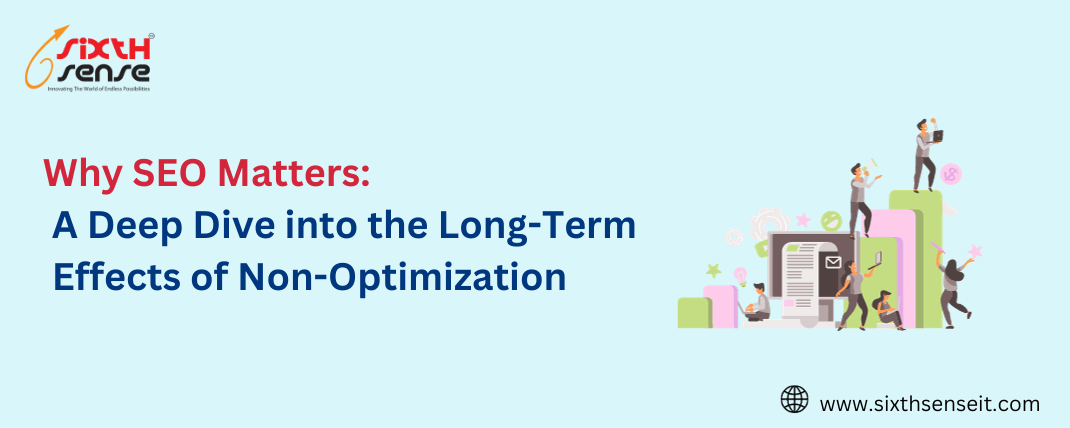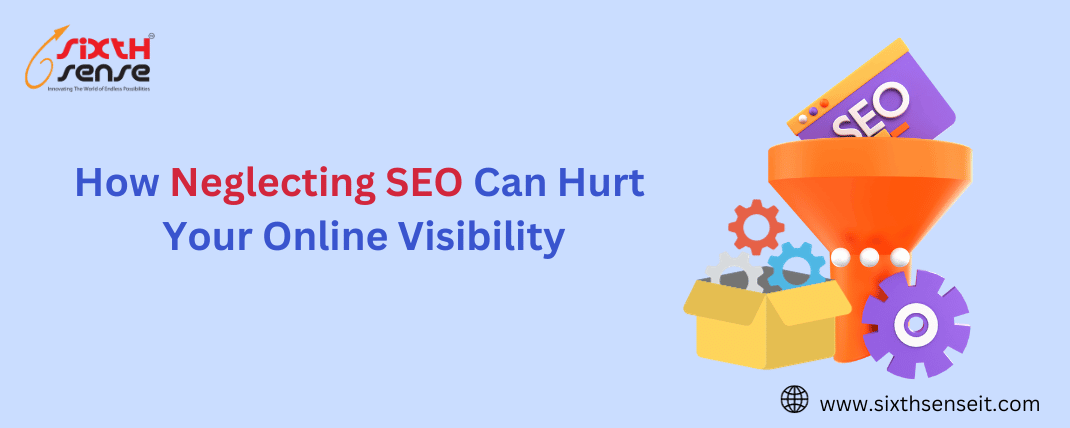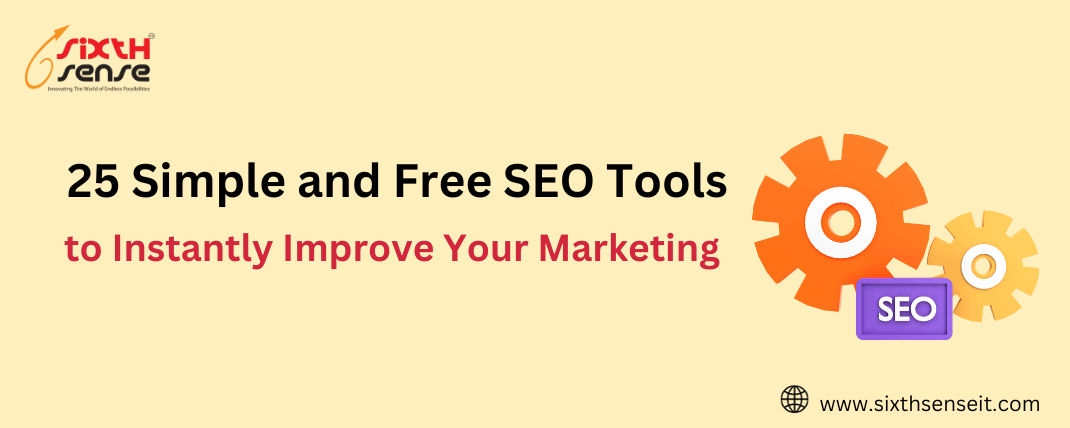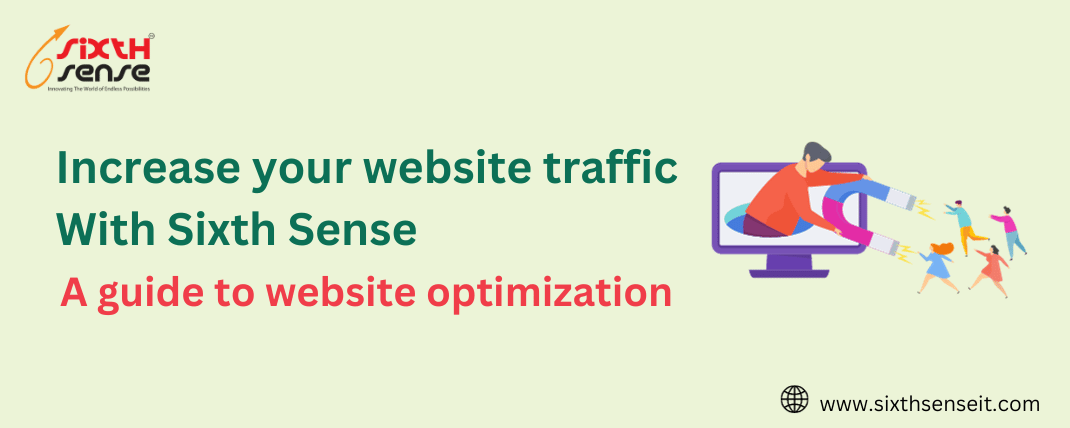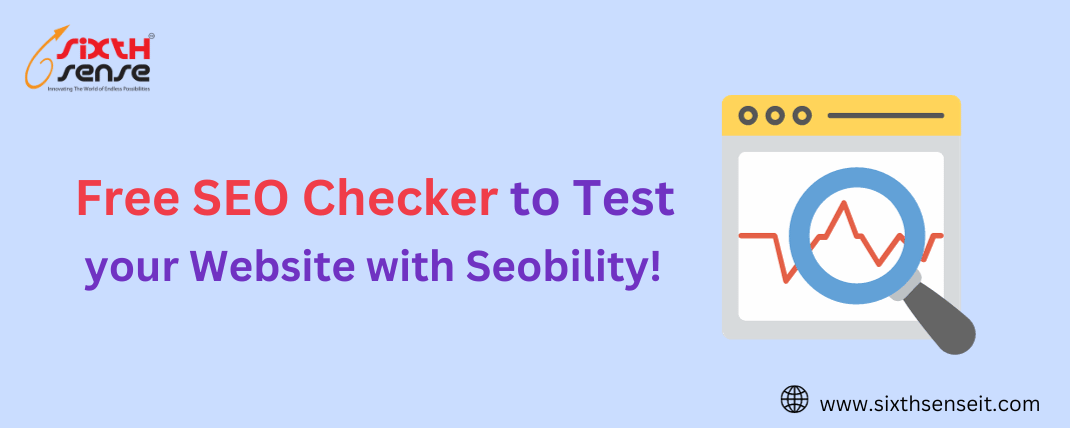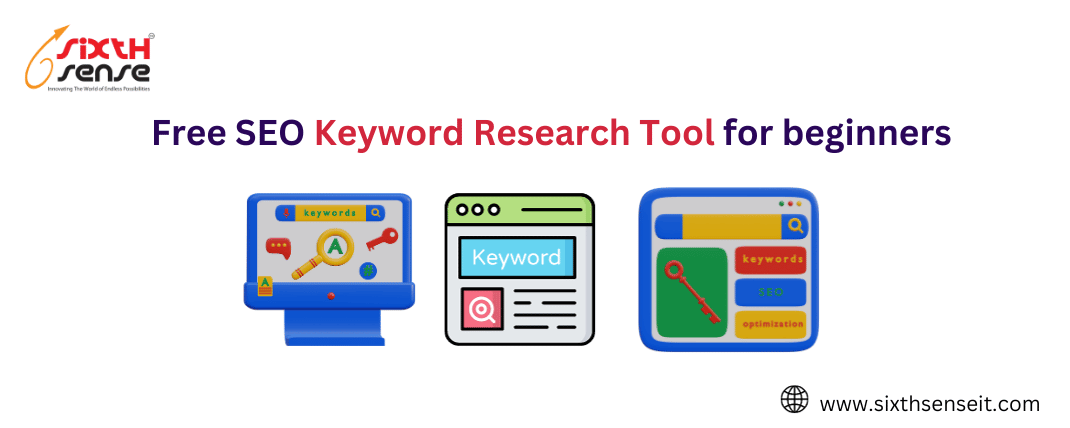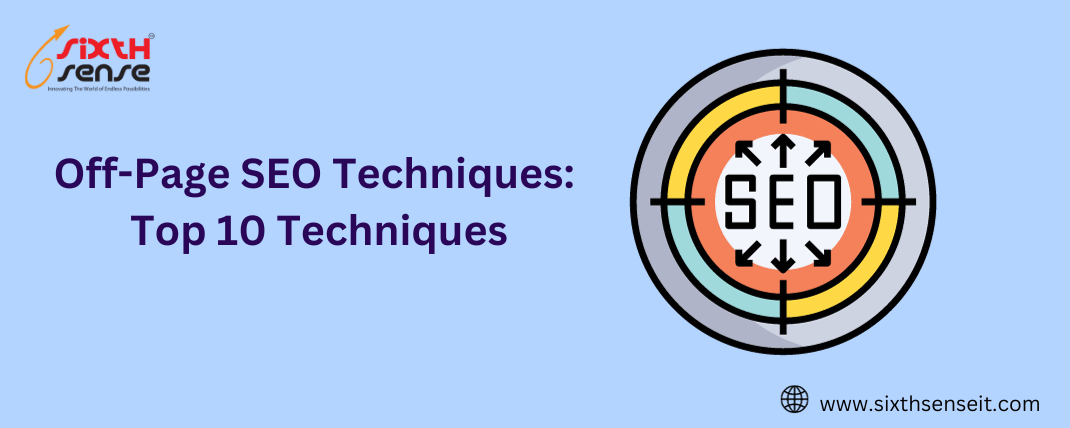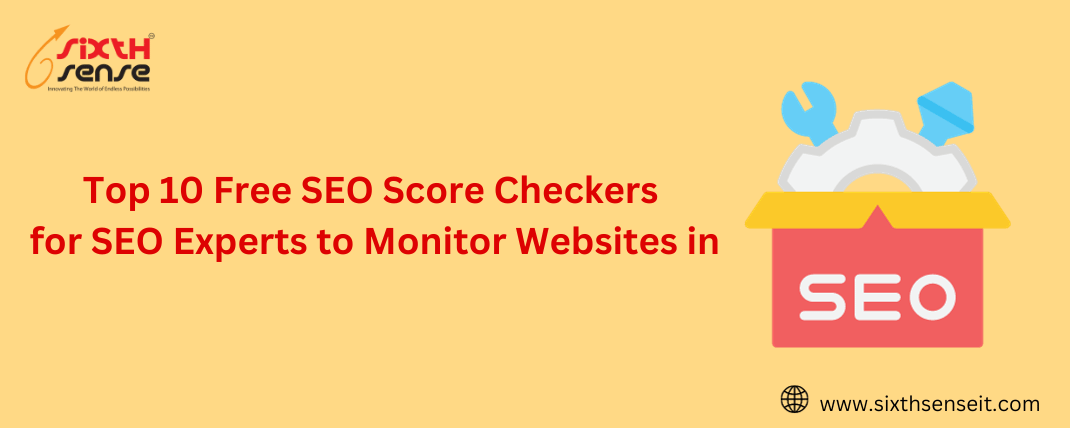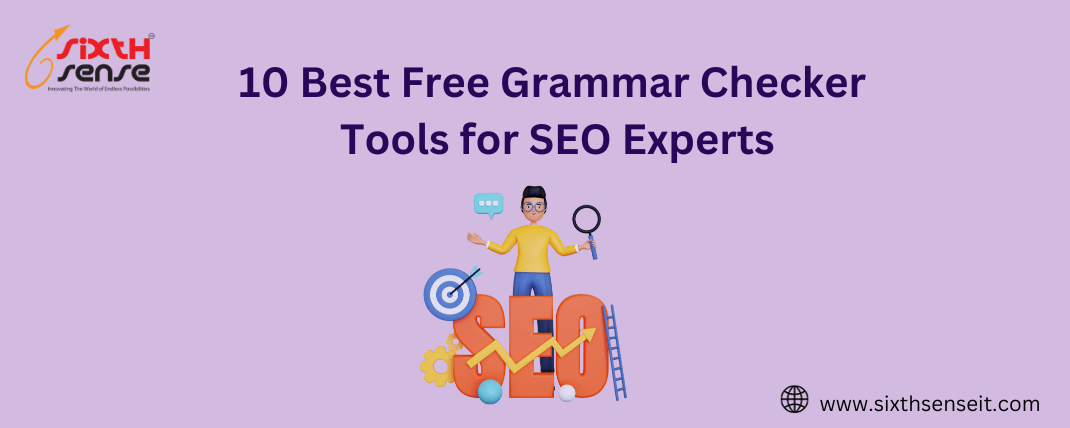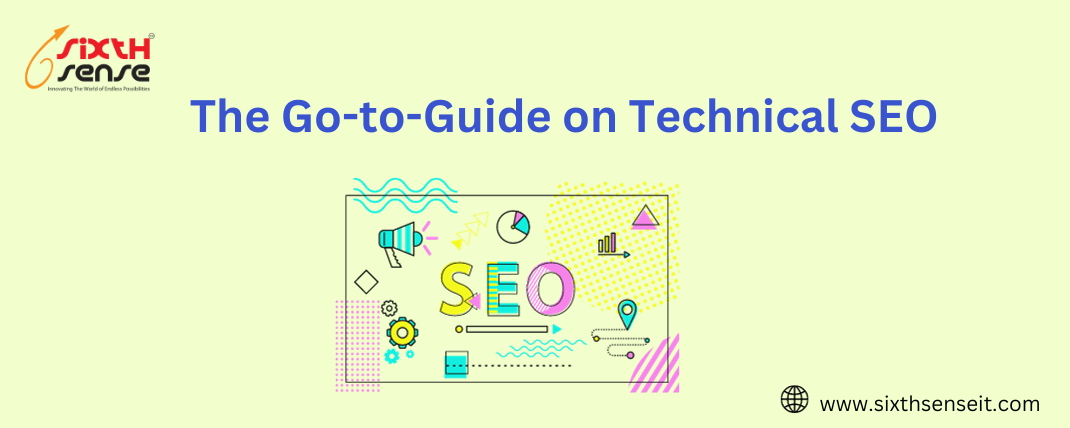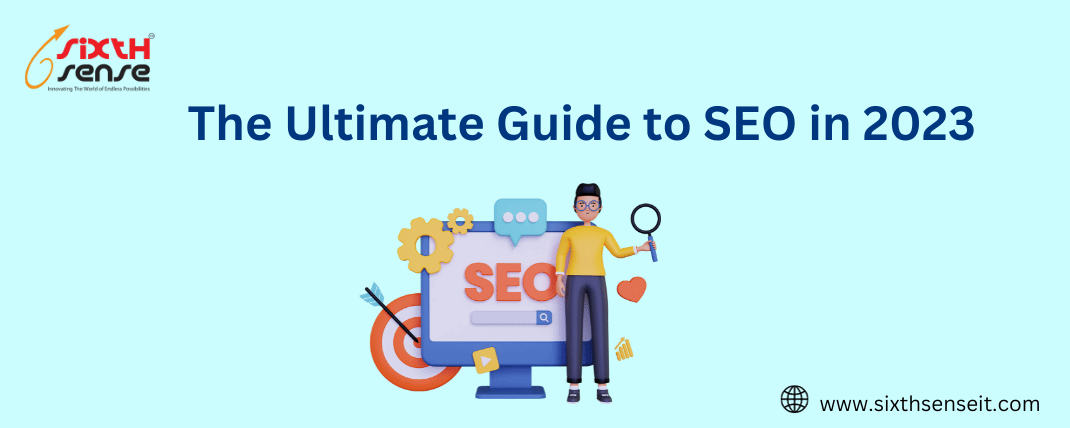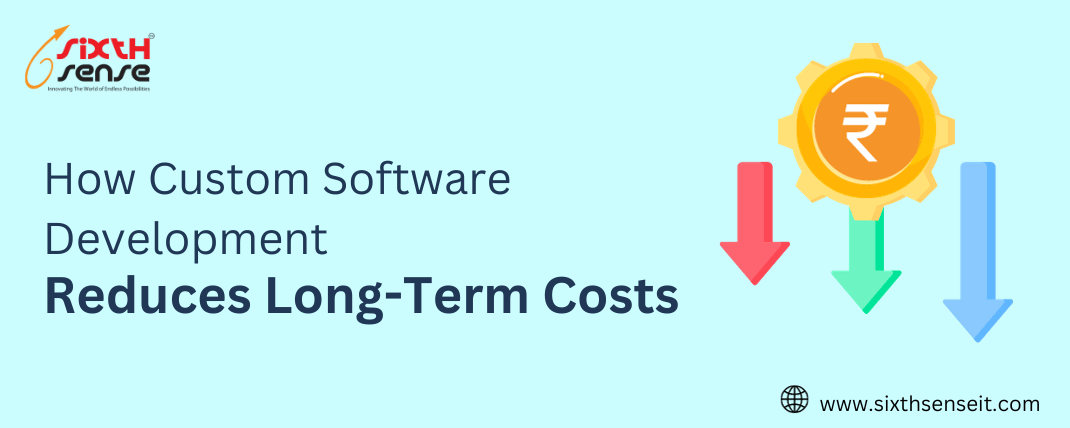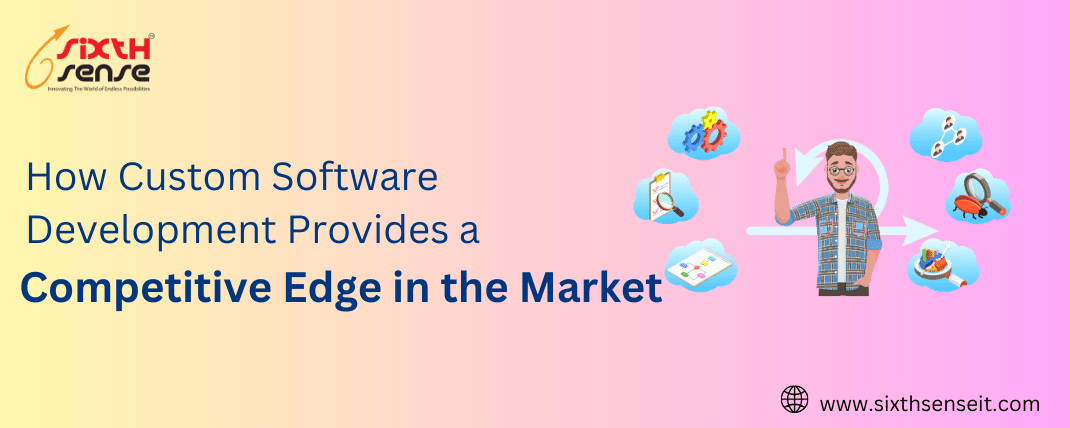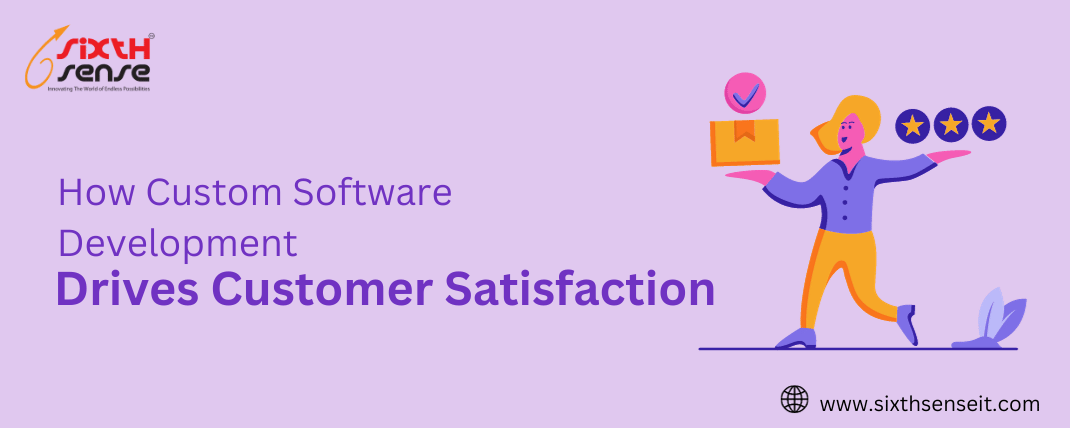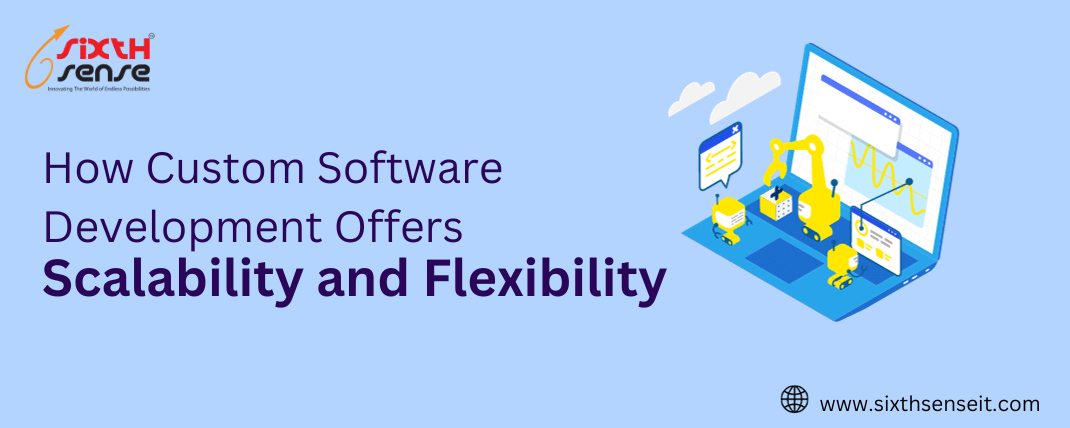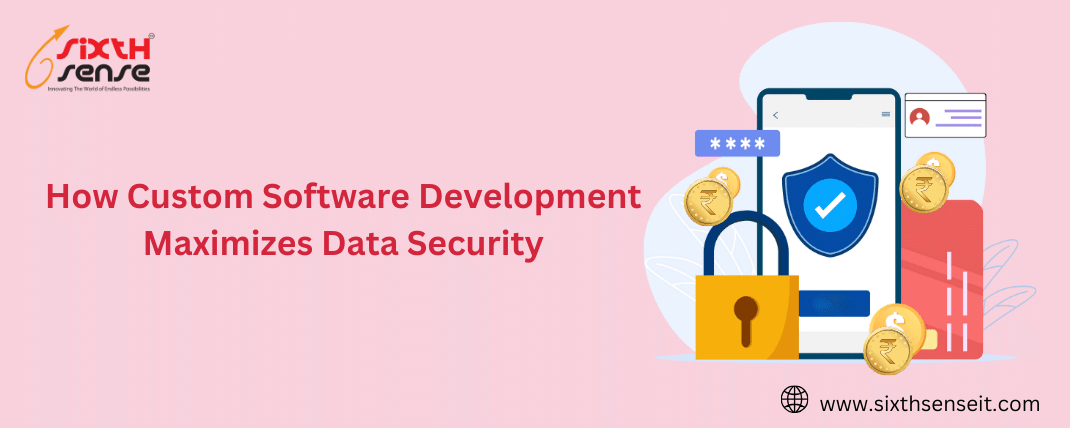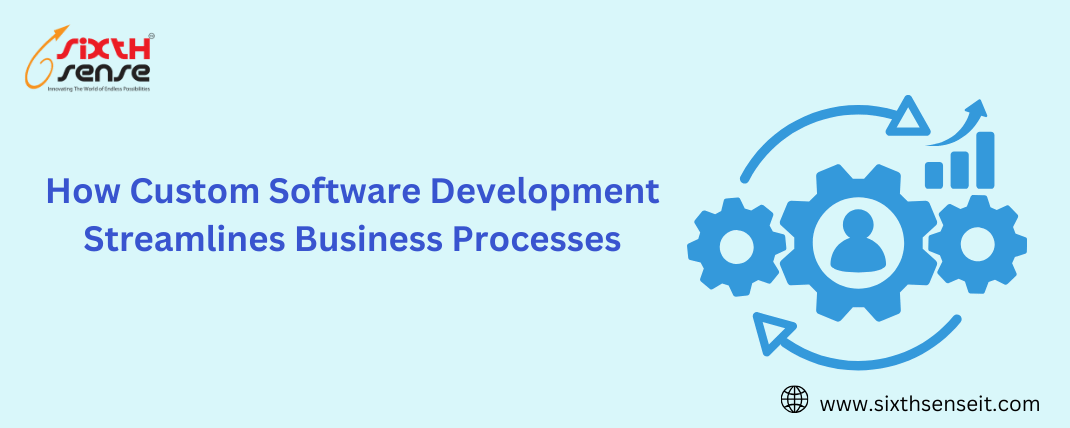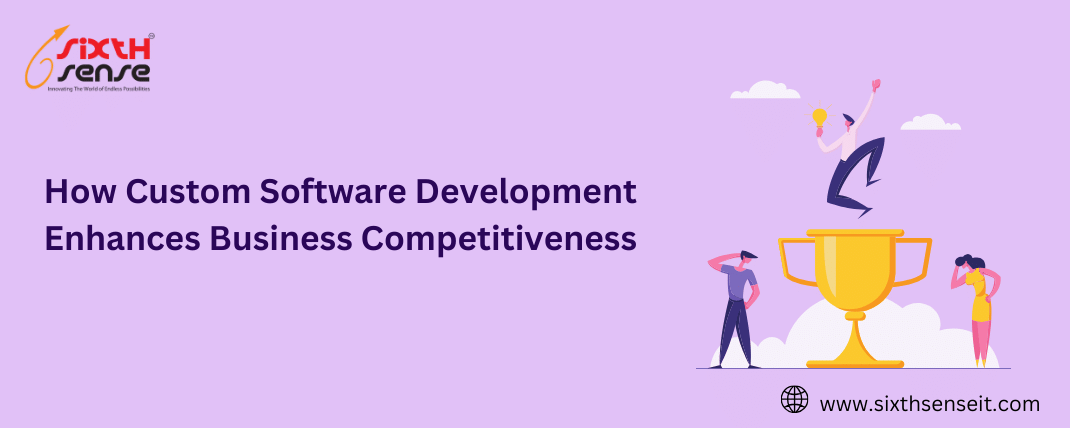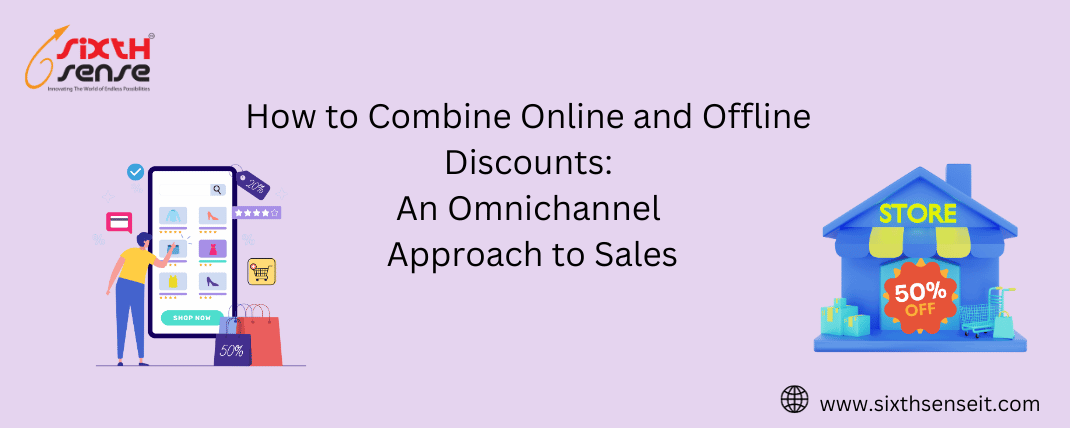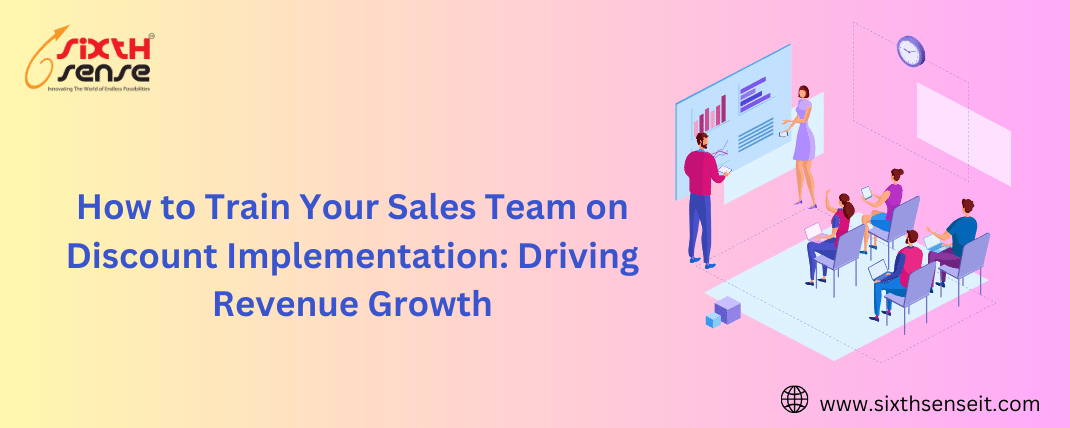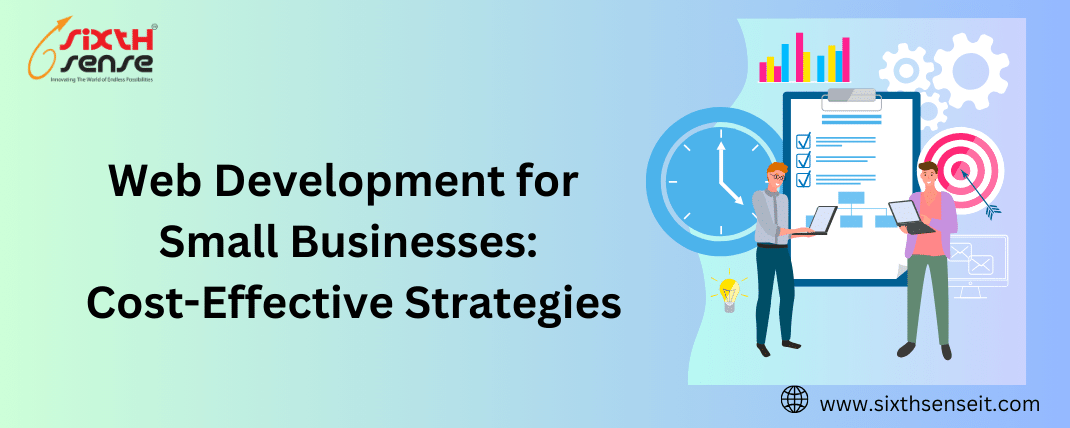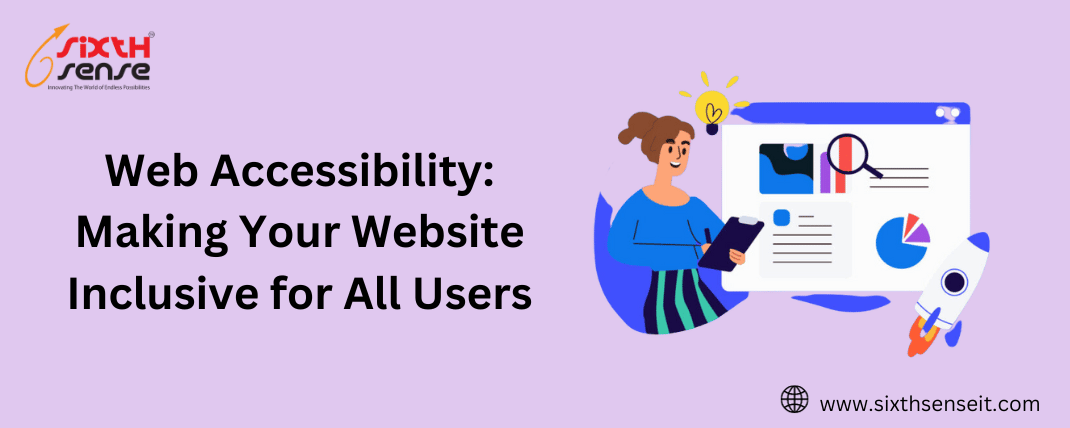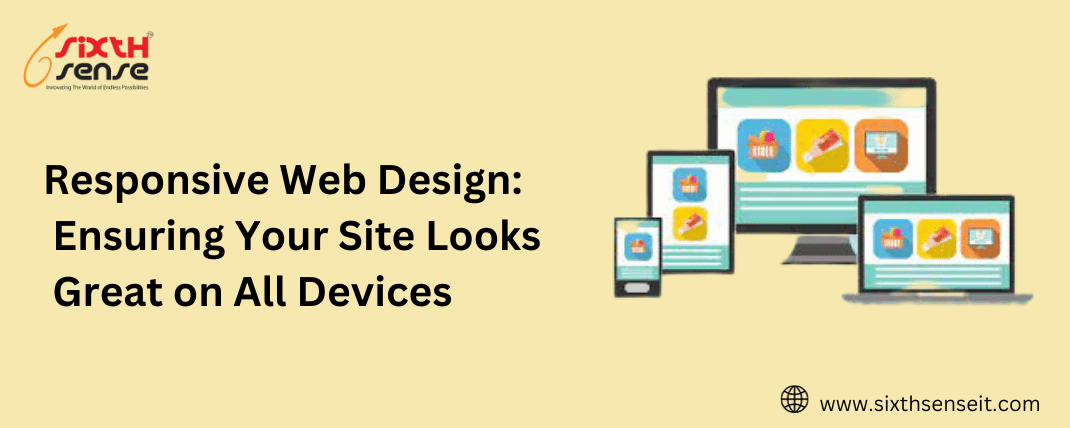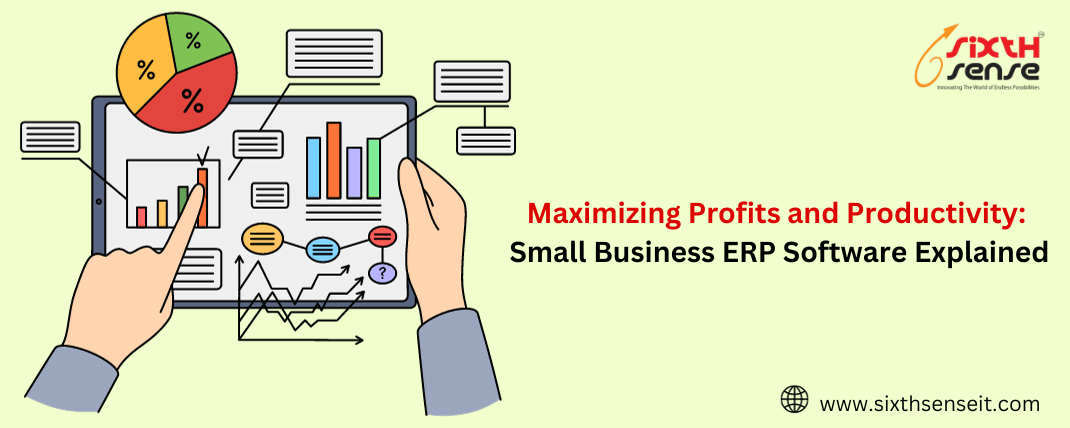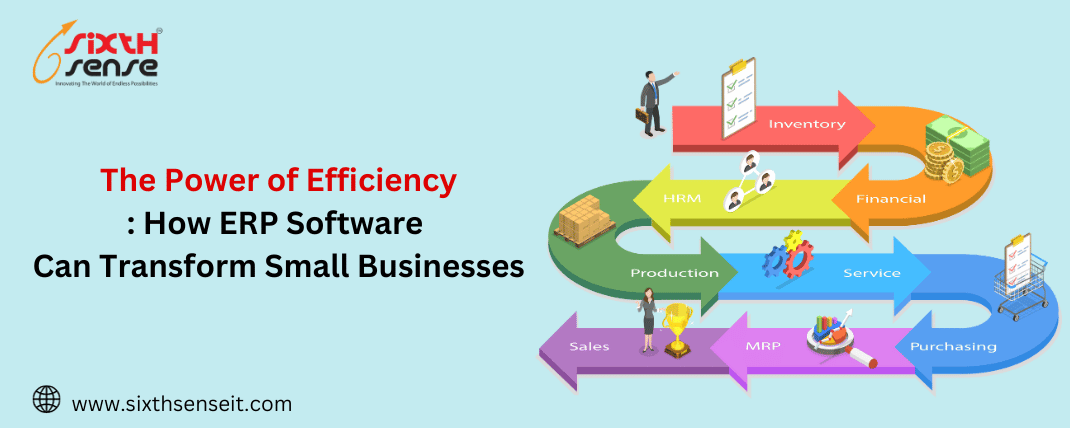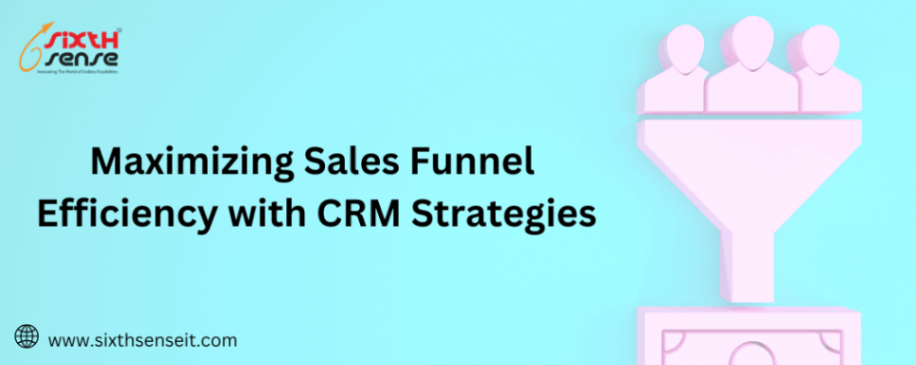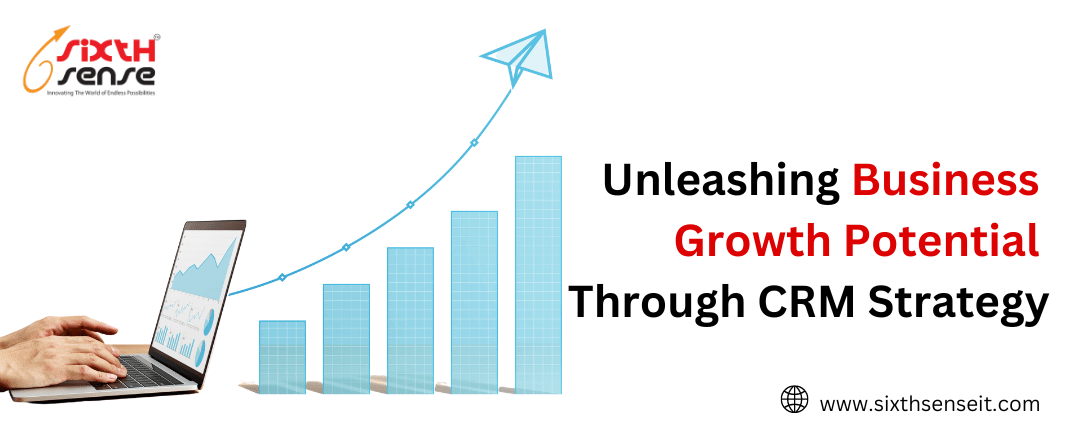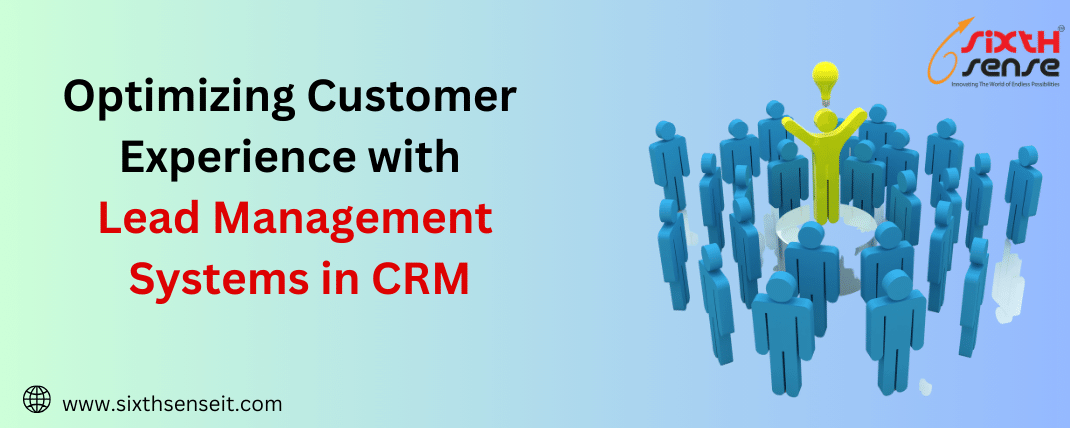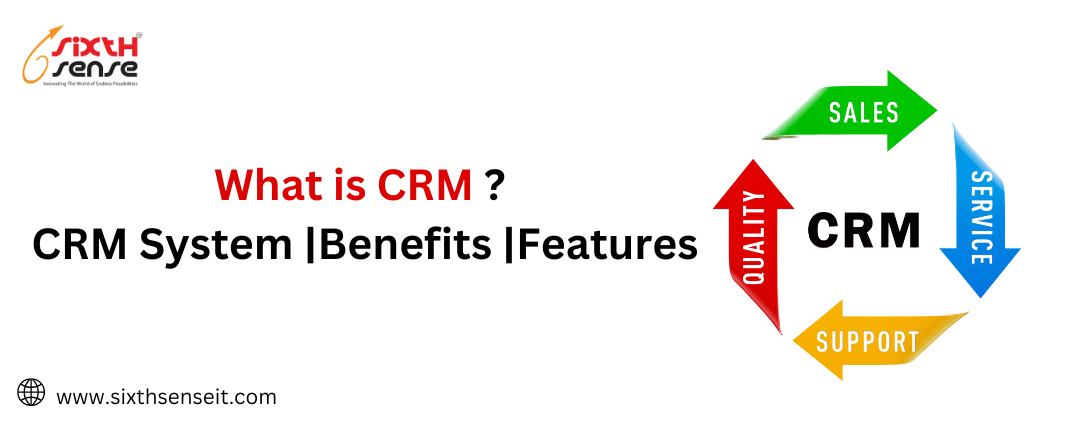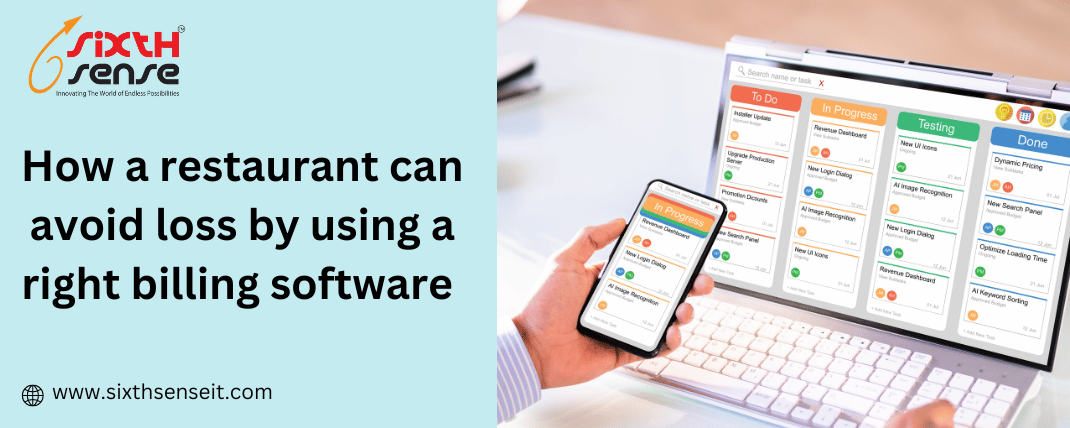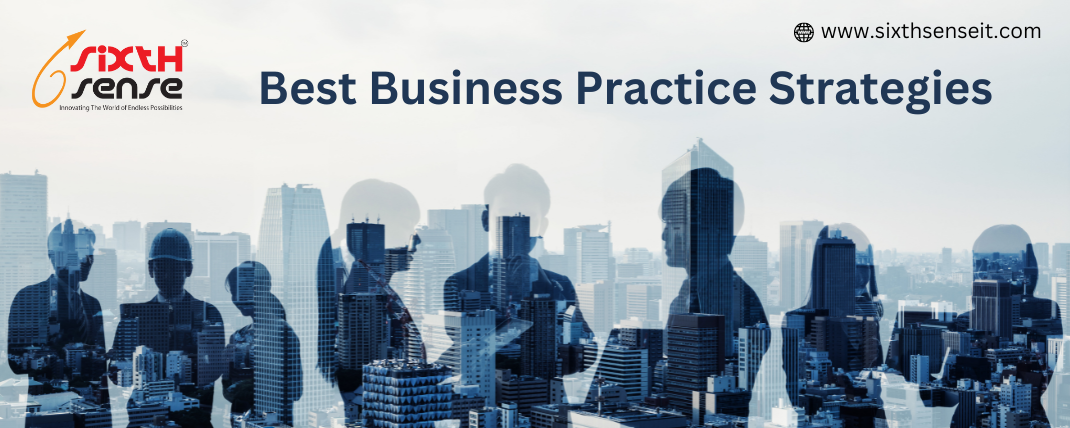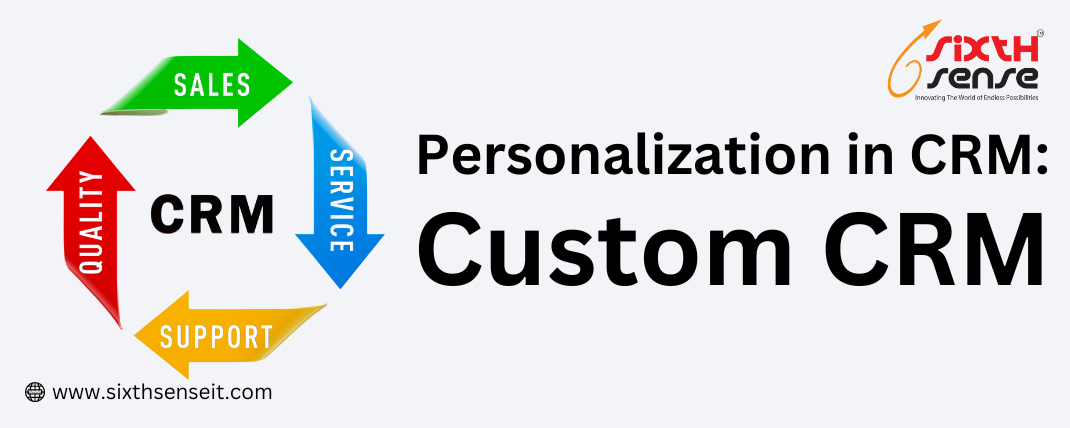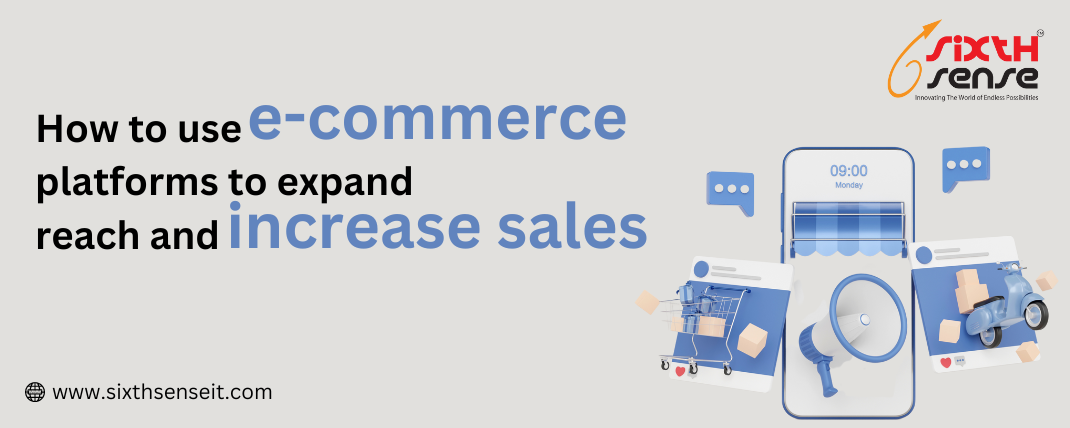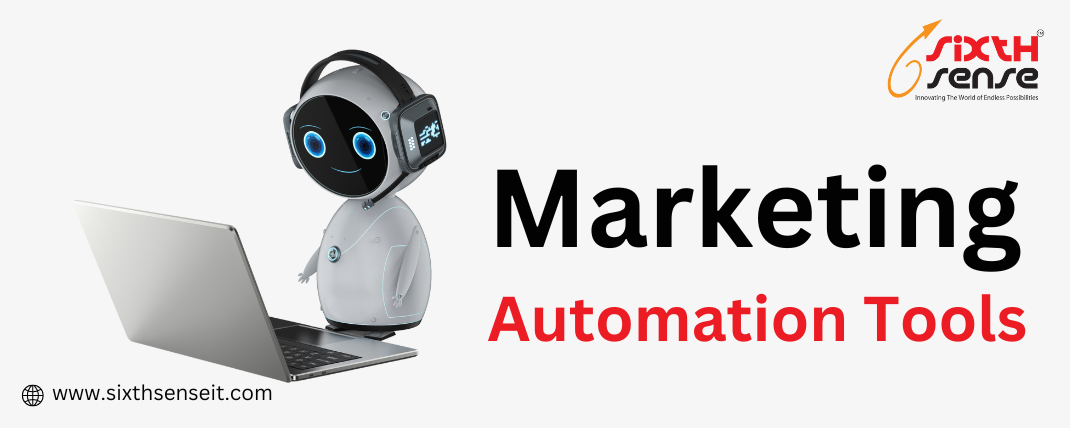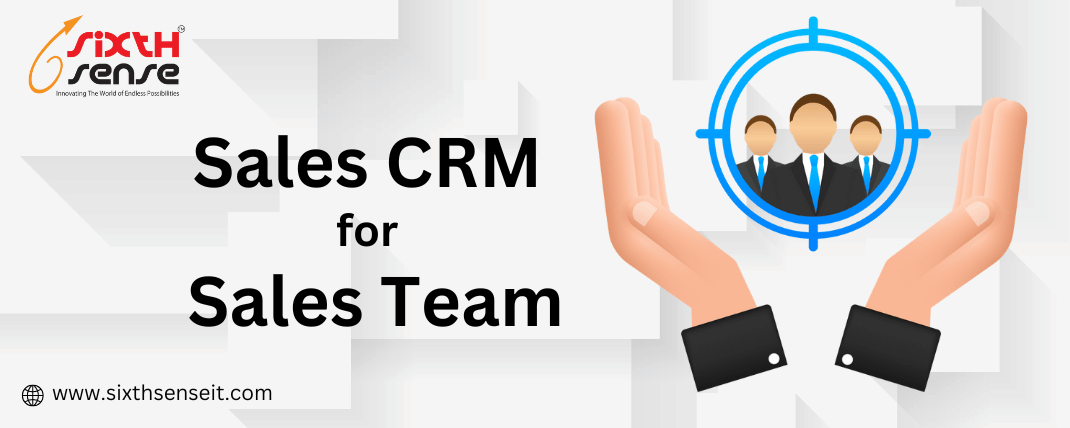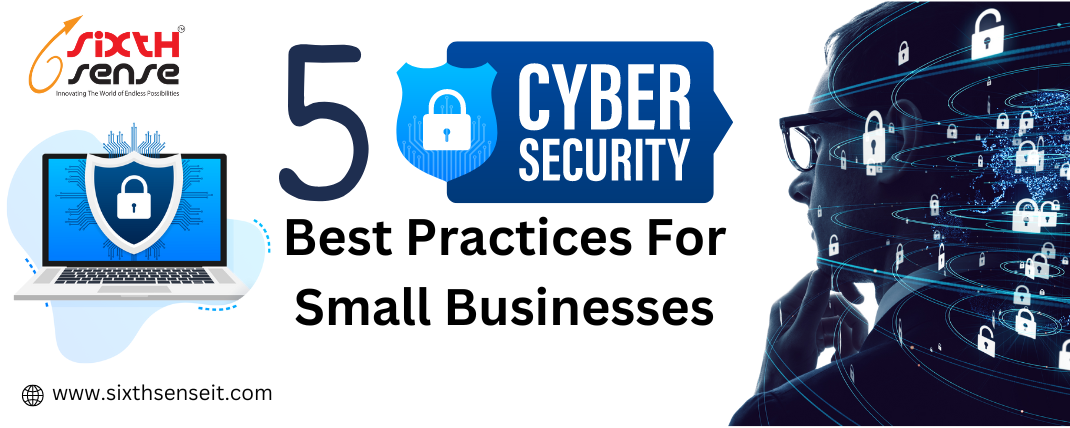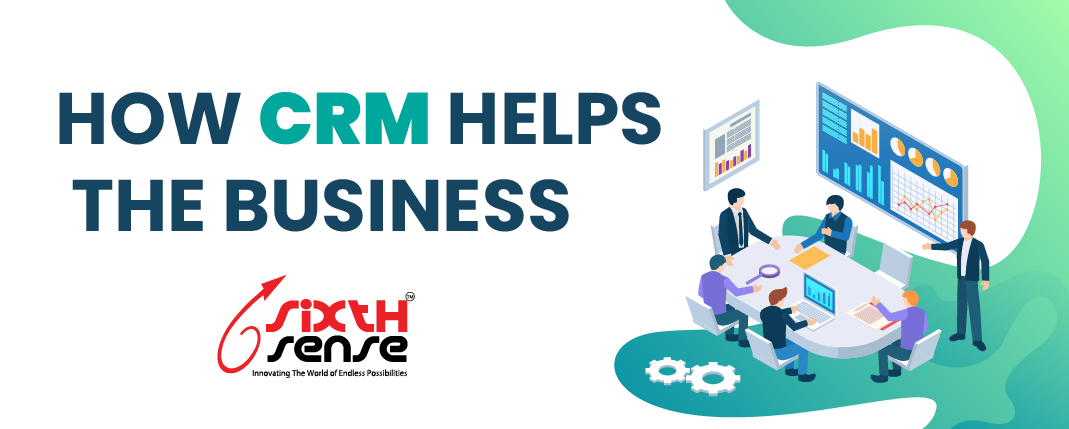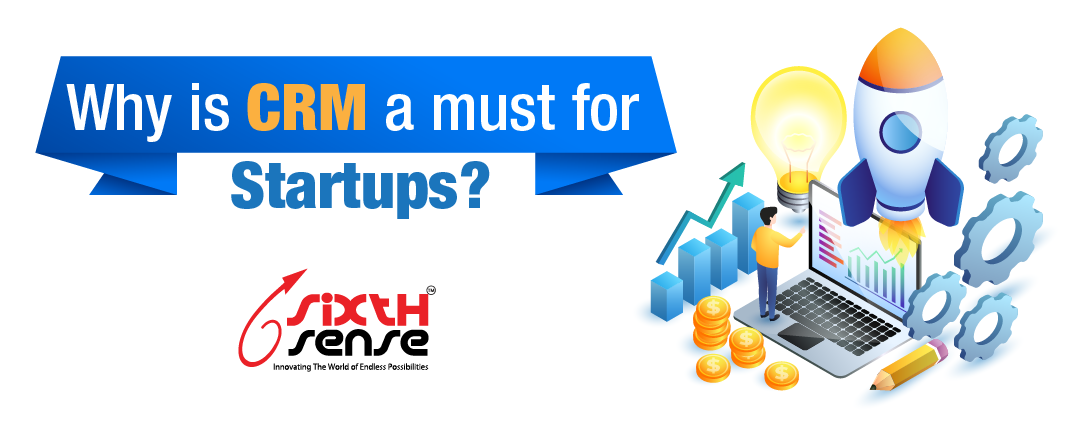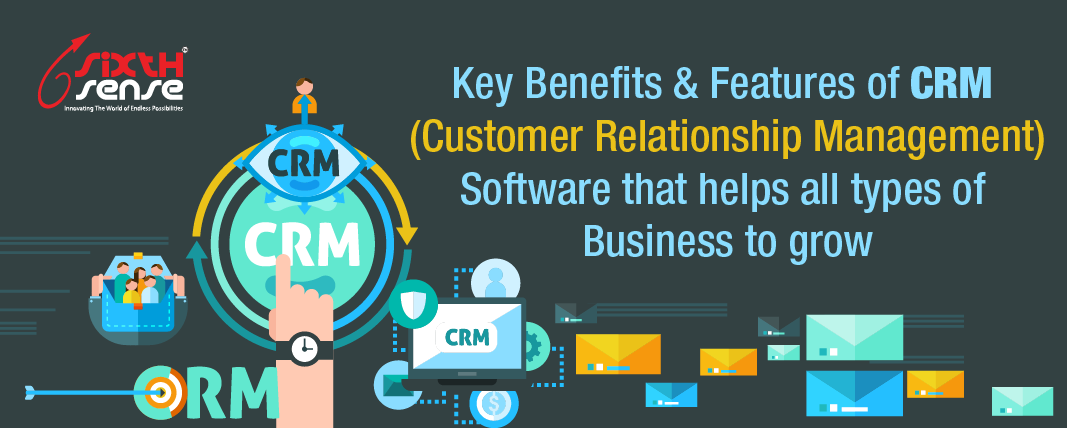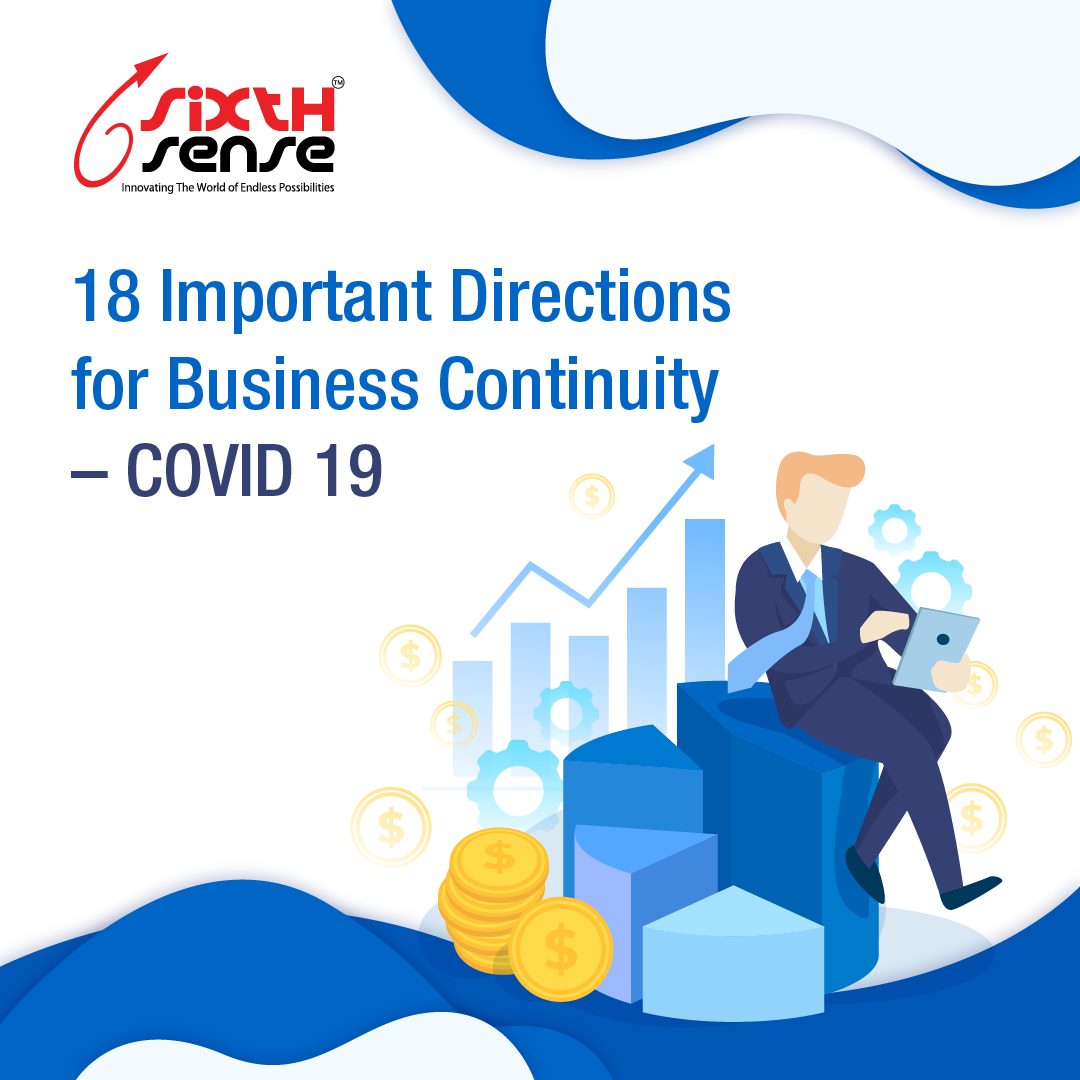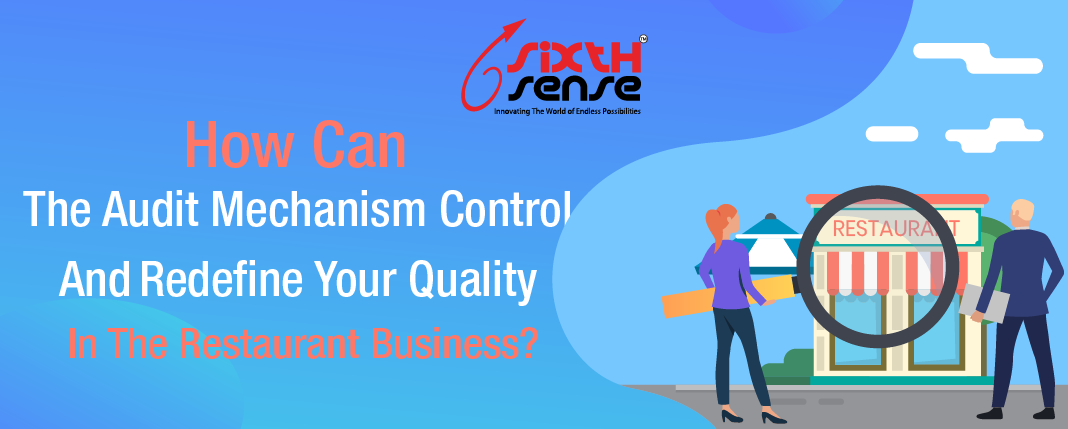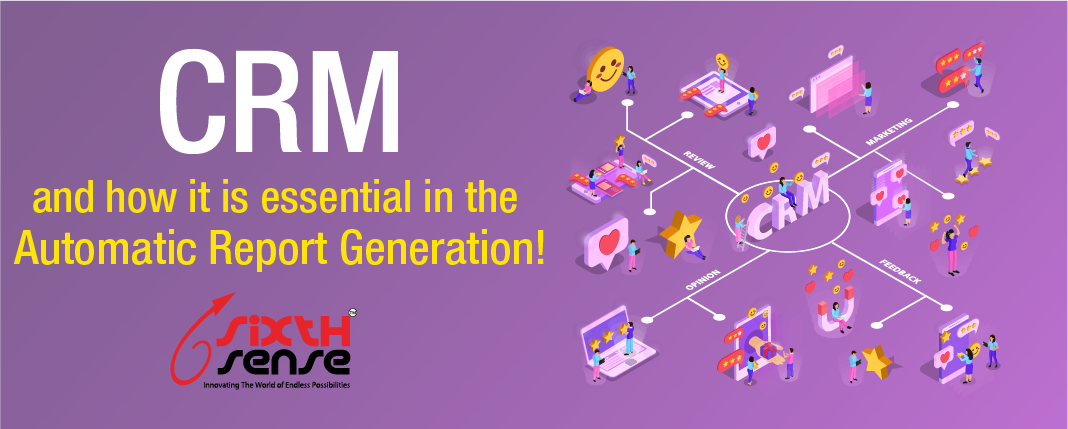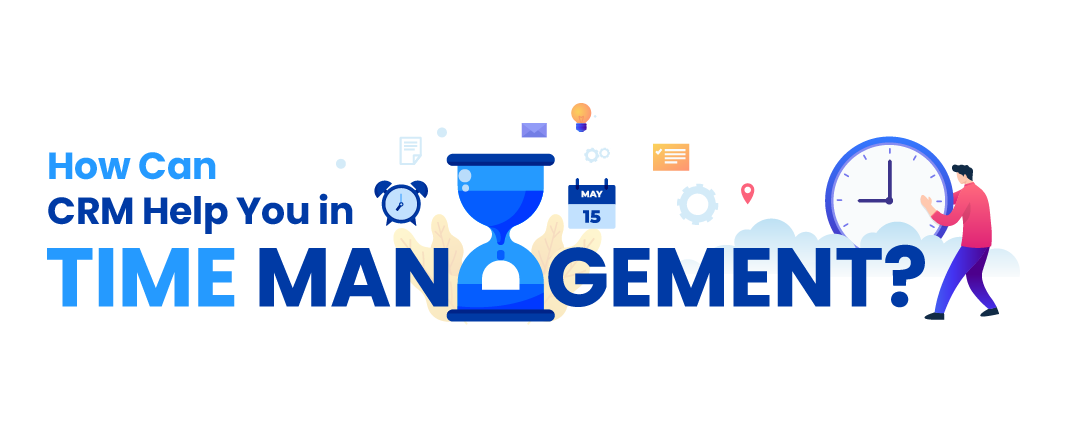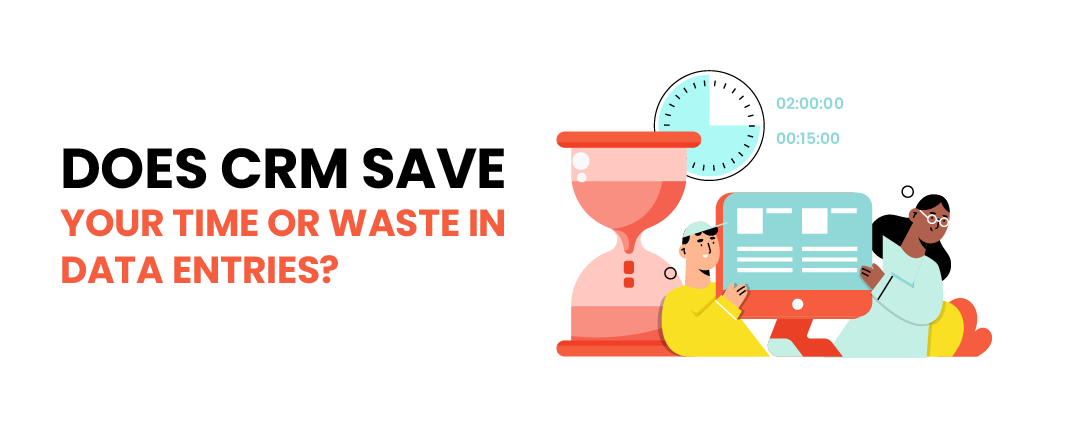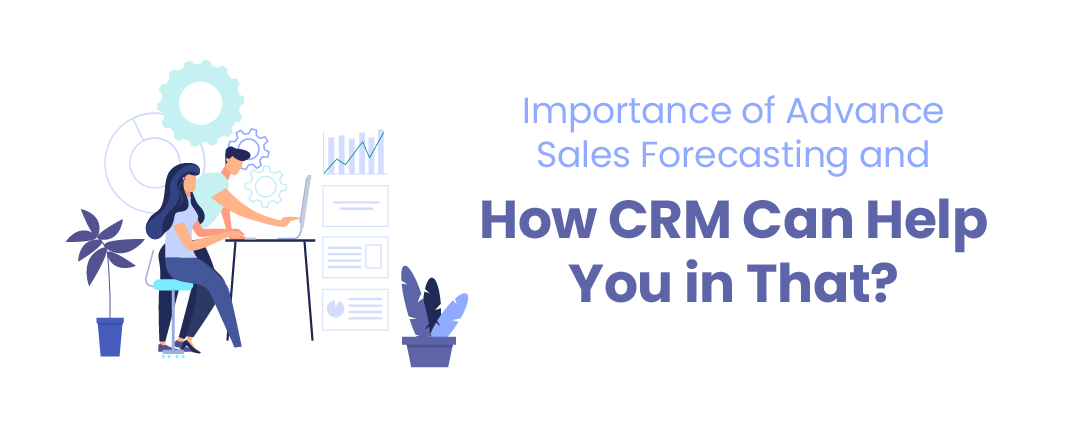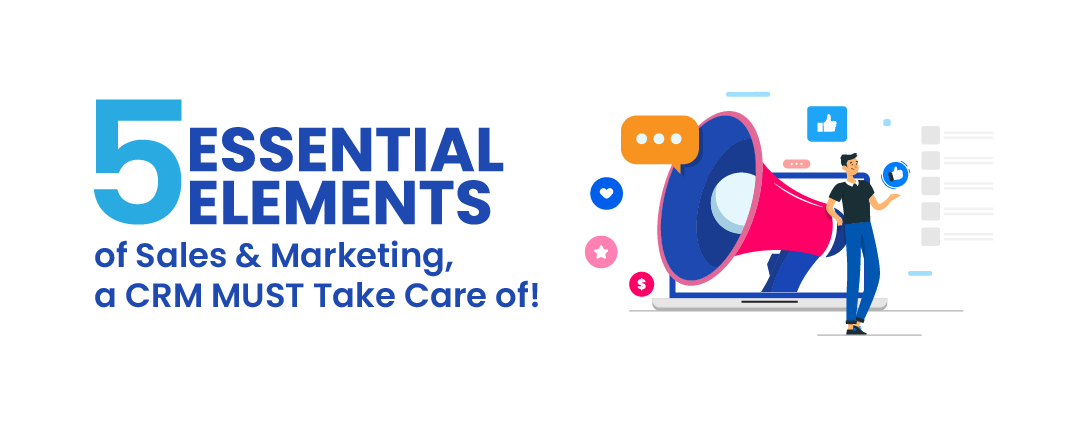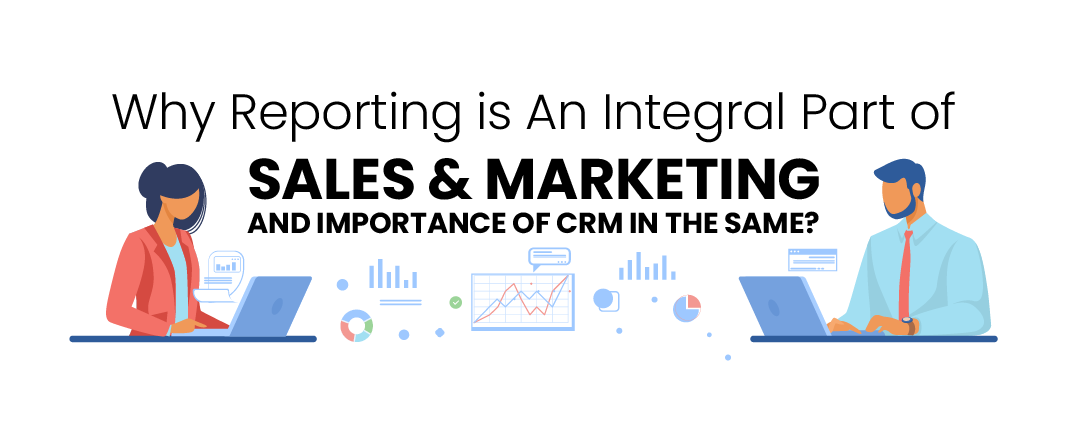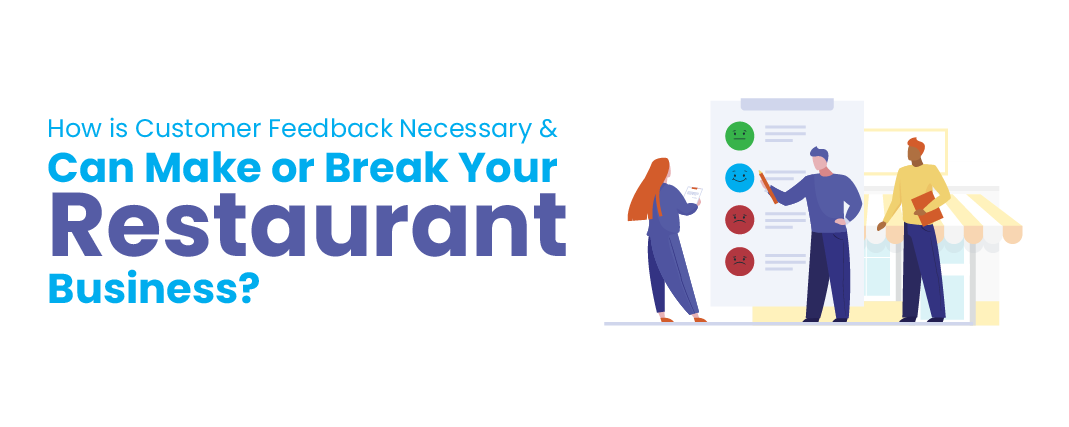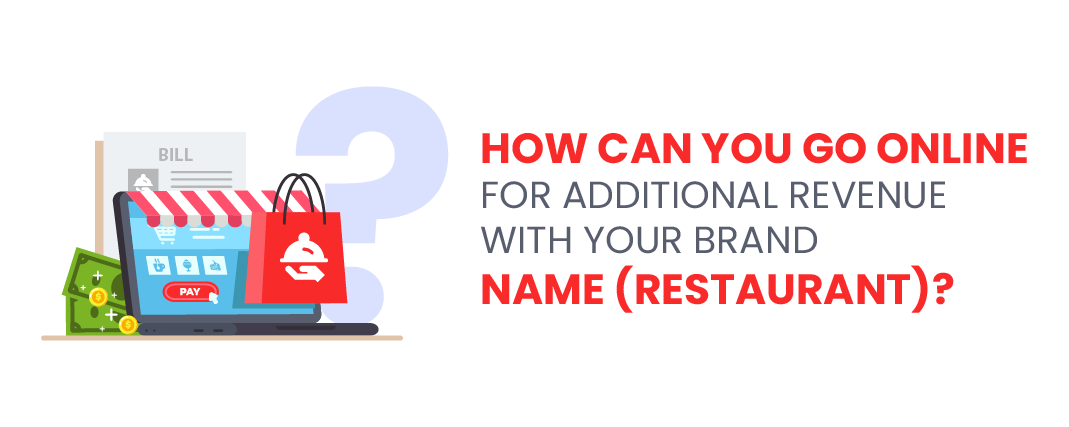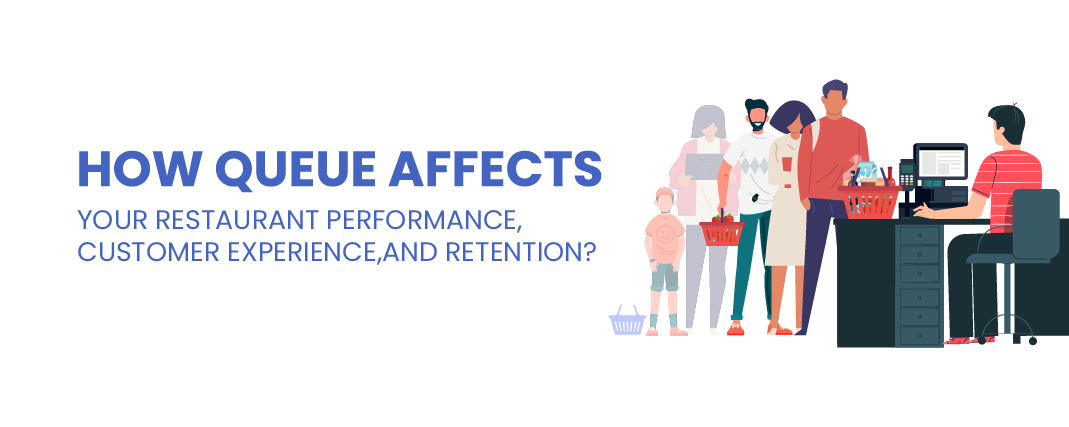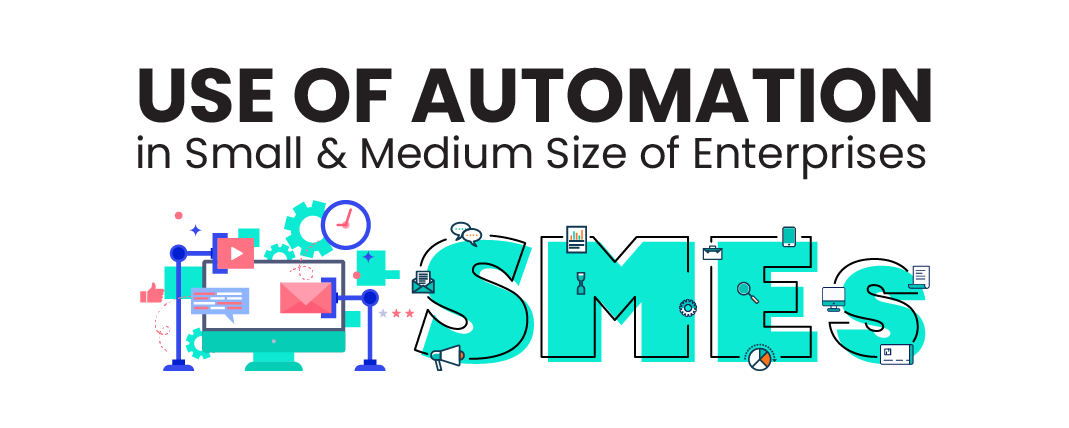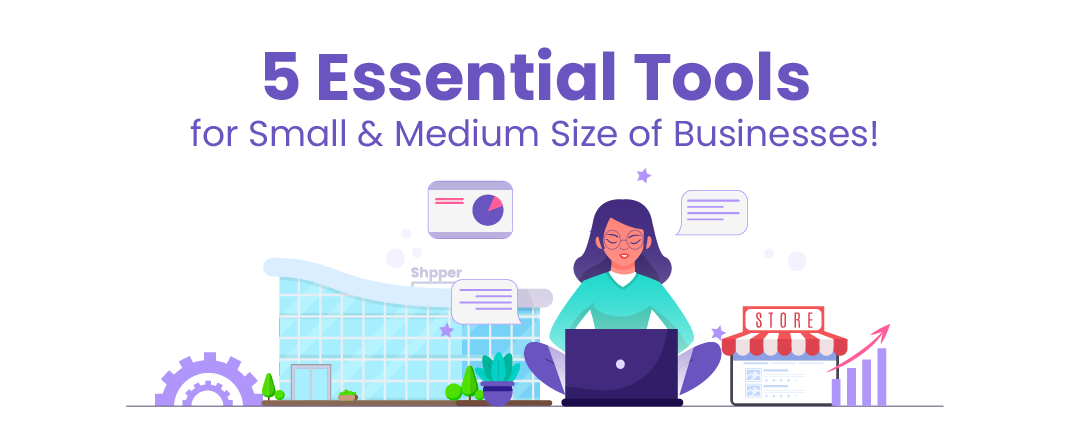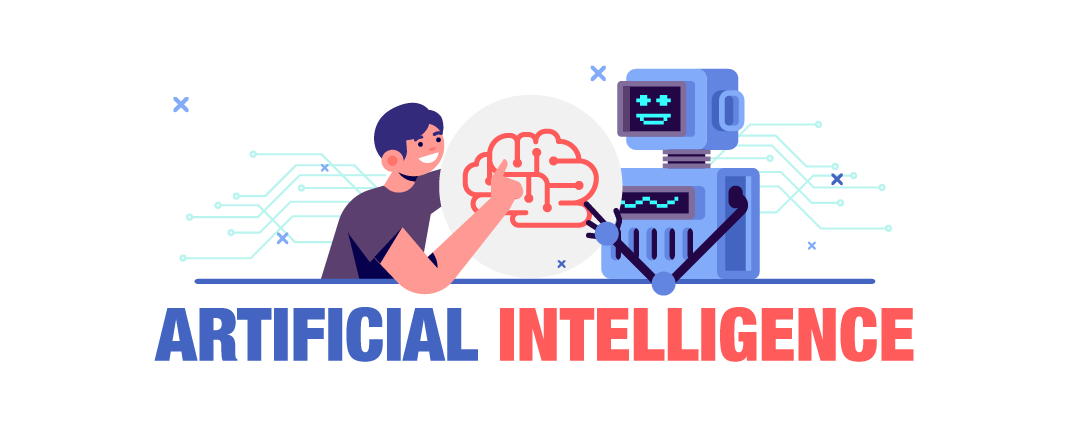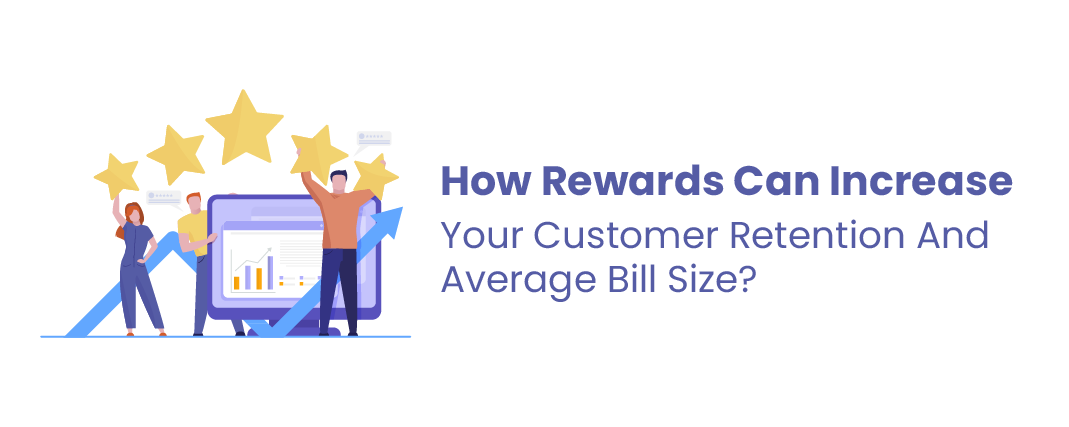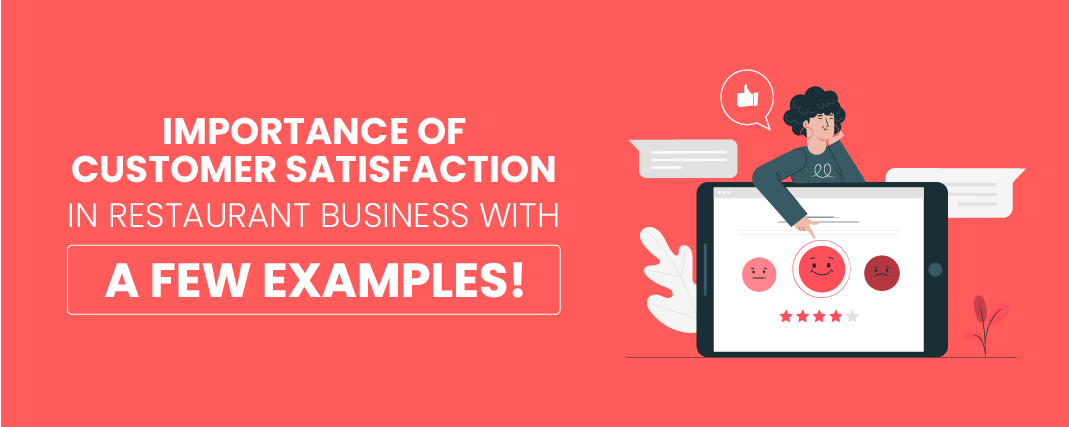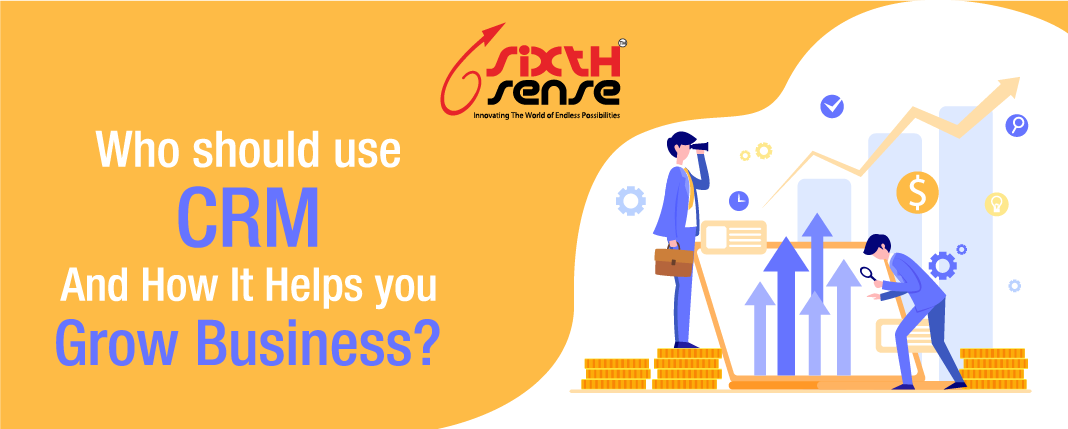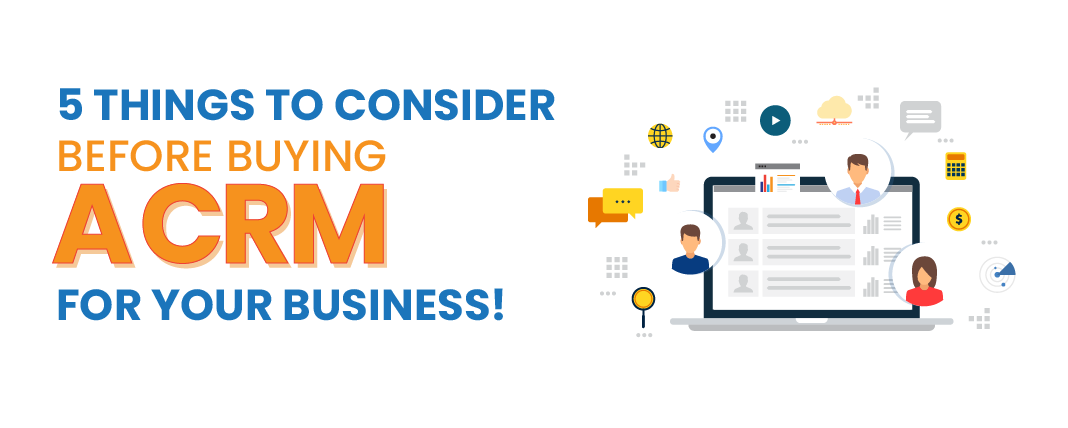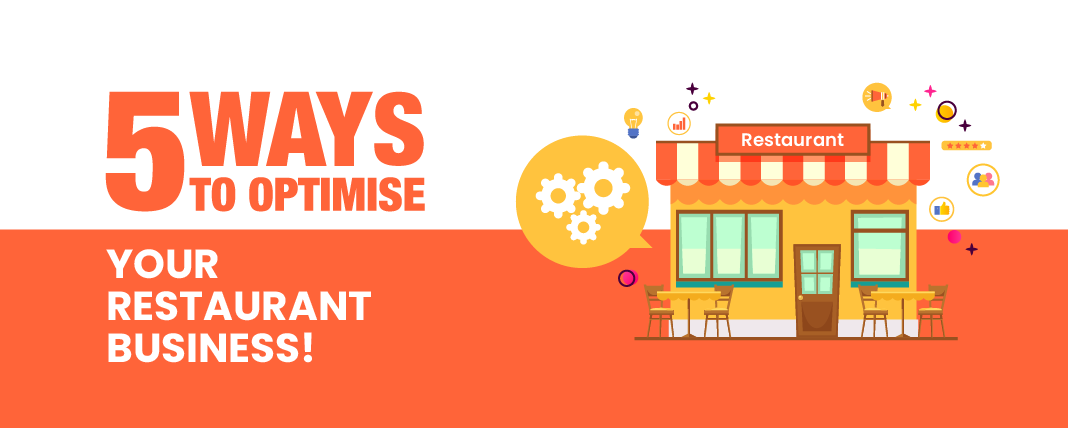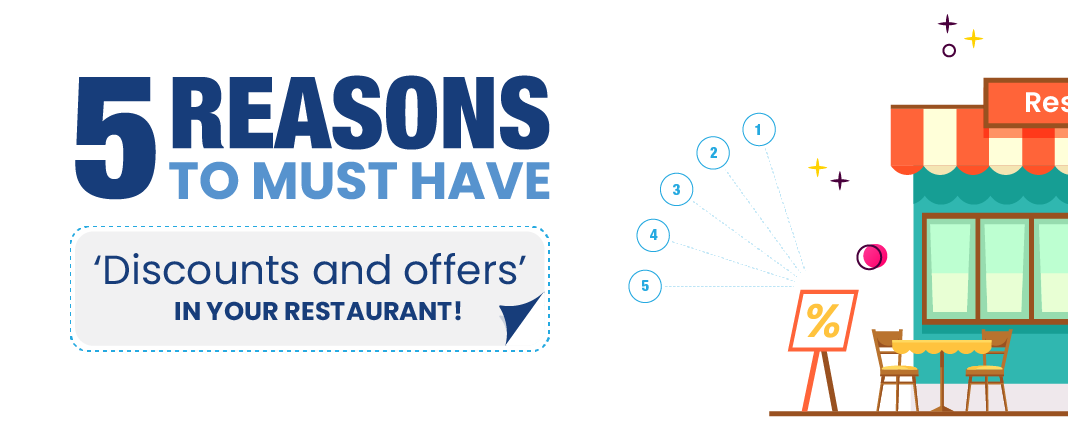
The impact of website speed on search engine optimization (SEO)

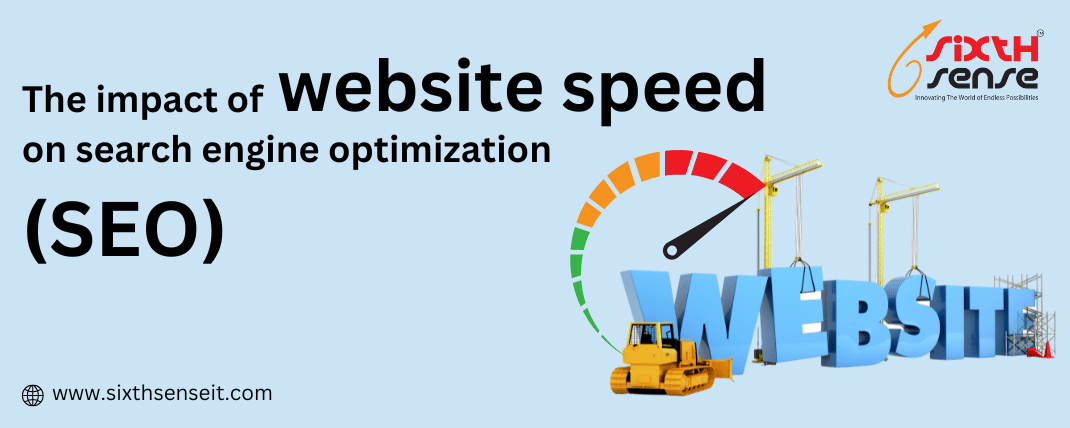
Website speed refers to the time it takes for a website to load and become fully accessible to the user. It is an important factor in website performance and user experience. A website that loads quickly provides a better experience for visitors, as they can access the information they need more quickly and efficiently.
Website speed can be influenced by several factors, such as the size of the website, the amount of content, the use of images and videos, and the performance of the server hosting the website. Factors such as slow internet connections, outdated hardware and software, and the use of heavy scripts can also impact website speed.
Website speed is important not only for user experience but also for search engine optimization (SEO). Search engines, like Google, consider website speed as a ranking factor in their algorithms, which determine how websites are ranked in the search results. This means that a fast-loading website is more likely to rank higher in the search results than a slow-loading one, making it easier for potential customers to find it.
Search Engine Optimization (SEO) is the process of optimizing a website to improve its visibility in search engine results pages (SERPs) for relevant keywords. The goal of SEO is to increase organic, or non-paid, traffic to a website by making it easier for search engines to understand the content and relevance of the website to specific search queries.
SEO involves a variety of techniques, including keyword research, on-page optimization, content creation, and link building. Keyword research involves identifying the keywords and phrases that people use when searching for the products or services offered on a website. On-page optimization involves optimizing the website's structure and content to make it more search engine friendly, such as by including relevant keywords in the title tags and meta descriptions.
Content creation involves producing high-quality, relevant, and useful content that is optimized for search engines and provides value to users. This can include blog posts, articles, product descriptions, and infographics. Link building involves acquiring links from other websites to your own, which helps to increase your website's authority and visibility in the search results.
SEO is a constantly evolving field, and search engines are always updating their algorithms to provide the best possible results to users. This means that SEO requires ongoing effort and adaptation to ensure that a website remains optimized and visible in the search results.
In summary, SEO is an important part of digital marketing, as it helps to drive organic traffic to a website and improve its visibility in the search results. By implementing effective SEO strategies, businesses can reach more potential customers, increase their online presence, and grow their brand.
Website speed plays a crucial role in search engine optimization (SEO) as it is an important factor considered by search engines like Google when ranking websites in the search results. Search engines prioritize fast-loading websites in their search rankings as they aim to provide the best possible experience for their users.
If a website takes too long to load, visitors will quickly lose interest and move on to another website, and search engines will also view the slow speed as a negative signal. A slow-loading website can negatively impact user experience, resulting in higher bounce rates, and lower conversion rates. This can lead to a lower ranking in the search results, making it harder for potential customers to find the website.
On the other hand, a fast-loading website provides a better user experience, which can result in lower bounce rates, higher engagement, and increased conversions. This can lead to a higher ranking in the search results, making it easier for potential customers to find the website.
Website speed can be affected by various factors such as the size of the website, the amount of content, the use of images and videos, and the performance of the server hosting the website. To optimize the website speed for SEO, it is important to reduce the size of the website, use fast and reliable hosting, and minimize the use of heavy scripts and images.
In conclusion, website speed is a crucial factor in SEO, as it affects both user experience and search engine rankings. By optimizing website speed, businesses can improve their search engine visibility, reach more potential customers, and increase their online success.
Search Engine Optimization (SEO) is important for a website because it helps to improve its visibility in search engine results pages (SERPs) and increase organic, or non-paid, traffic.
The main goal of SEO is to increase the visibility of a website in the search results, which in turn leads to an increase in organic traffic. This is particularly important for businesses, as organic traffic is highly targeted and has a higher likelihood of converting into customers.
A website that is optimized for search engines is also optimized for users. This means that it is easier to navigate, the content is relevant and high-quality, and the website loads quickly. These are all important factors for providing a good user experience, which can lead to increased engagement and conversions.
SEO can give businesses a competitive advantage over their competitors by making it easier for potential customers to find their website. By appearing at the top of the search results, businesses can attract more traffic and customers, increasing their online success.
SEO is a cost-effective way of increasing a website's visibility compared to other forms of digital marketing, such as paid advertising. By investing in SEO, businesses can reach more potential customers and achieve a higher return on investment (ROI) compared to other forms of digital marketing.
Unlike paid advertising, the results of SEO are long-lasting. Once a website is optimized for search engines, it will continue to receive organic traffic, even if the SEO effort is stopped. This provides a steady stream of traffic and customers, which can help to grow a business over time.
In conclusion, SEO is important for a website as it helps to increase visibility, traffic, and conversions, and provides a cost-effective way of achieving online success. By investing in SEO, businesses can reach more potential customers and achieve long-term results.
The speed of a website has a significant impact on search engine optimization (SEO). In today's fast-paced digital world, people are in a hurry, and they expect websites to load quickly. If a website takes too long to load, visitors will quickly lose interest and move on to a competitor's site.
In addition to providing a better user experience, website speed also affects SEO. Search engines, like Google, prioritize fast-loading websites in their search rankings. This is because search engines want to provide the best possible experience to their users. They understand that people are looking for quick and reliable information, and a slow website can be a hindrance to this goal.
Search engines use various algorithms to determine the ranking of a website. These algorithms take into account a number of factors, including website speed. The faster a website loads, the higher it is likely to rank in the search results. On the other hand, a slow-loading website will likely be ranked lower, making it harder for potential customers to find it.
Website speed can be affected by a number of factors, including the size of the website, the number of images and videos, and the use of heavy scripts. These factors can slow down the website, making it difficult for search engines to crawl and index the content. As a result, the website's ranking can suffer.
To optimize your website for speed, you need to focus on several key factors. One of the most important is to reduce the size of the website by compressing images and videos, and minimizing the use of heavy scripts. You should also consider using a fast and reliable hosting service to ensure that your website is always accessible to search engines and visitors.
In conclusion, website speed is an essential factor in SEO. By optimizing your website for speed, you can improve the user experience and increase your search engine rankings. This can lead to more traffic, higher conversions, and greater success for your business. So, if you want your website to be successful, make sure to prioritize speed and keep your website running smoothly.
